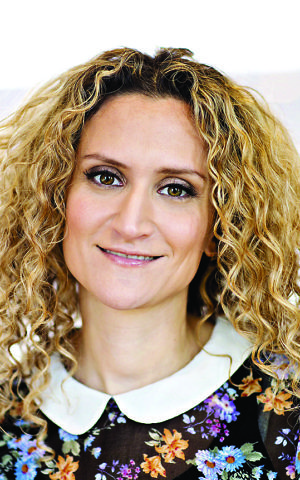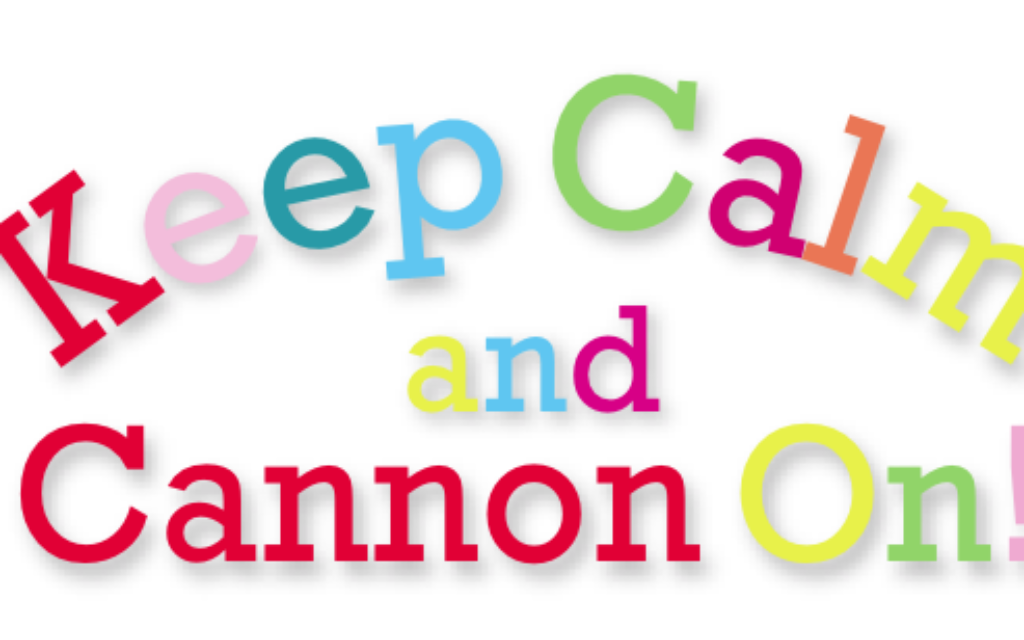Our resident GP Ellie Cannon answers your questions…
In her latest column, our expert looks at dealing with eczema, memory loss in old age, and the best age for having children
Q My son’s eczema never seems to get better, despite the creams we use. Where are we going wrong?
I doubt you are going wrong, but it is important to realise eczema isn’t curable but waxes and wanes throughout childhood. That is tedious and distressing for both children and parents, but a good treatment regime can really make a huge difference.
For good control, your prescription should really look like a shopping list including a number of items. Firstly, emollients – these are creams that add much-needed oil to the dryness of eczema.
There are a huge number to try, so if you don’t like the first one prescribed, try another one. You should be using it at least four times a day: you cannot overdose on emollient, so apply it liberally.
Get The Jewish News Daily Edition by email and never miss our top stories Free Sign Up
Second, you need bath products – avoid all the scented usual ones and use a bath emollient, which is oil you add to the bath to make it moisturising. You can buy these without prescription as well as aqueous cream to use instead of soap.
Steroids are next: they calm down the eczema. They come in a variety of different potencies, and your doctor will recommend which strength is appropriate for your son. Parents are overly afraid of steroids, but they are far better for your skin than eczema is.
You should also consider an anti-histamine to break his itch-scratch cycle and remember to avoid all irritants such as sun creams and washing powders: you can find a list of safe ones on eczema.org.
Q My mother has started to lose her memory and has been assessed by the GP. The GP said it could be dementia, but maybe not Alzheimer’s – what does that mean?

Dementia means someone has memory loss, but there can be different causes. Alzheimer’s is a type of dementia and in fact is the most common type, but 150,000 people in the UK have a dementia called vascular dementia.
This is when the thinking part of the brain is damaged through poor blood supply in much the same way as strokes or mini-strokes occur.
We would suspect this in someone who has had strokes previously or who has other risk factors for blood-vessel damage such as high cholesterol or diabetes. Vascular dementia is also more likely when the problem seems to progress in noticeable steps rather than gradually.
But you should remember there are also other causes of dementia such as Parkinson’s disease, as well as dementia from infections or injury.
Treatment for dementia differs according to the cause: people with vascular dementia will be put on the same medication that we use to prevent strokes, for example blood pressure control and statins, with the aim to reduce chances of further episodes.
Other dementias may also have specific drugs depending on the stage at diagnosis. This is because often drugs are used only for early-stage disease.
The most important thing now is for your family to discuss and plan your mother’s care with her and how you will manage going forward.
For more information, speak to Jewish Care on 020 8922 2222.
Q There is a lot of pressure in the Jewish community to have children early. Is there a perfect age medically?
Yes, there is probably too much pressure in my opinion and it is so important for both parents to be completely ready.
The best time to have a baby is when you are fit and healthy – both mentally and physically – and that is not always conferred simply by age. But of course that does play a part.
Your fertility actually starts to decline after 35 – the chance of conceiving at that age is half that of women in their early 20s. Then conception rates drop off dramatically after 40.
In a couple trying for a baby, 94 percent of women of 35 years of age would conceive after three years.
However, if the woman was already 38 years old, only 77 percent would conceive after the same period.
However, it is important to stress that a huge number of women who are aged over 40 do conceive naturally and have healthy normal pregnancies with healthy normal babies.
In 2014, for the first time there were more births recorded to women over the age of 35 than to women under 25, and year-on-year the fertility rate for the over-40s is rising.
It is also important to bear in mind that being pregnant when you are over the age of 40 does carry risks of illness for the mother and her baby, as well as a risk of miscarriage.
As with many things in life, it is a balance of pros and cons – yes there are medical reasons to have babies younger, but there are often social and psychological reasons for a woman to wait.

Thank you for helping to make Jewish News the leading source of news and opinion for the UK Jewish community. Today we're asking for your invaluable help to continue putting our community first in everything we do.
For as little as £5 a month you can help sustain the vital work we do in celebrating and standing up for Jewish life in Britain.
Jewish News holds our community together and keeps us connected. Like a synagogue, it’s where people turn to feel part of something bigger. It also proudly shows the rest of Britain the vibrancy and rich culture of modern Jewish life.
You can make a quick and easy one-off or monthly contribution of £5, £10, £20 or any other sum you’re comfortable with.
100% of your donation will help us continue celebrating our community, in all its dynamic diversity...
Engaging
Being a community platform means so much more than producing a newspaper and website. One of our proudest roles is media partnering with our invaluable charities to amplify the outstanding work they do to help us all.
Celebrating
There’s no shortage of oys in the world but Jewish News takes every opportunity to celebrate the joys too, through projects like Night of Heroes, 40 Under 40 and other compelling countdowns that make the community kvell with pride.
Pioneering
In the first collaboration between media outlets from different faiths, Jewish News worked with British Muslim TV and Church Times to produce a list of young activists leading the way on interfaith understanding.
Campaigning
Royal Mail issued a stamp honouring Holocaust hero Sir Nicholas Winton after a Jewish News campaign attracted more than 100,000 backers. Jewish Newsalso produces special editions of the paper highlighting pressing issues including mental health and Holocaust remembrance.
Easy access
In an age when news is readily accessible, Jewish News provides high-quality content free online and offline, removing any financial barriers to connecting people.
Voice of our community to wider society
The Jewish News team regularly appears on TV, radio and on the pages of the national press to comment on stories about the Jewish community. Easy access to the paper on the streets of London also means Jewish News provides an invaluable window into the community for the country at large.
We hope you agree all this is worth preserving.
-
By Brigit Grant
-
By Laurent Vaughan - Senior Associate (Bishop & Sewell Solicitors)
-
By Laurent Vaughan - Senior Associate (Bishop & Sewell Solicitors)
-
By Laurent Vaughan - Senior Associate (Bishop & Sewell Solicitors)
-
By Laurent Vaughan - Senior Associate (Bishop & Sewell Solicitors)






















